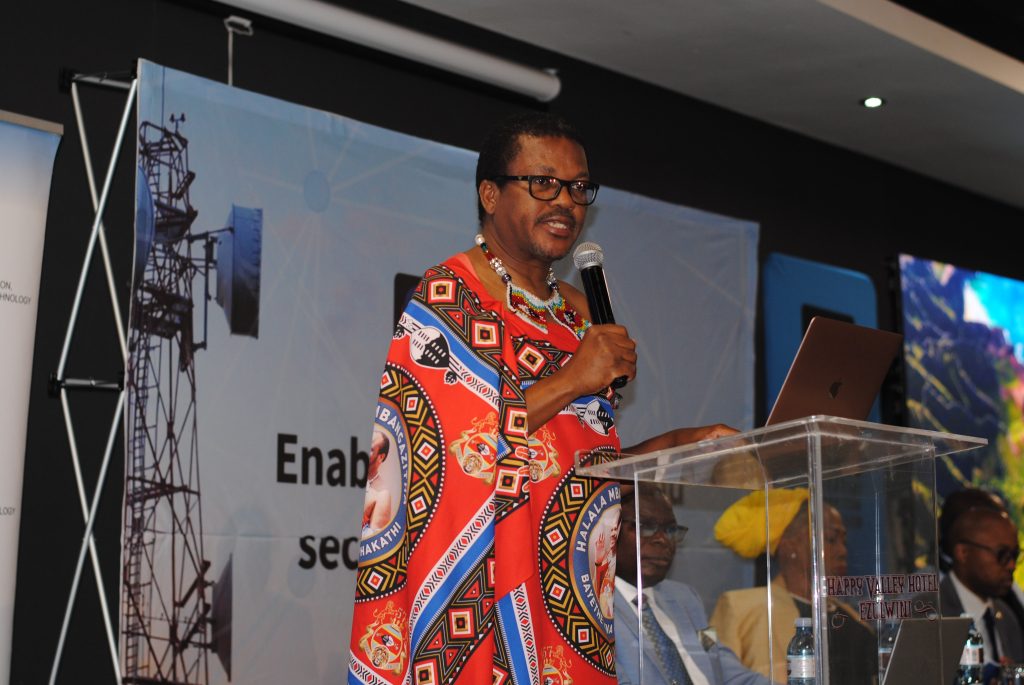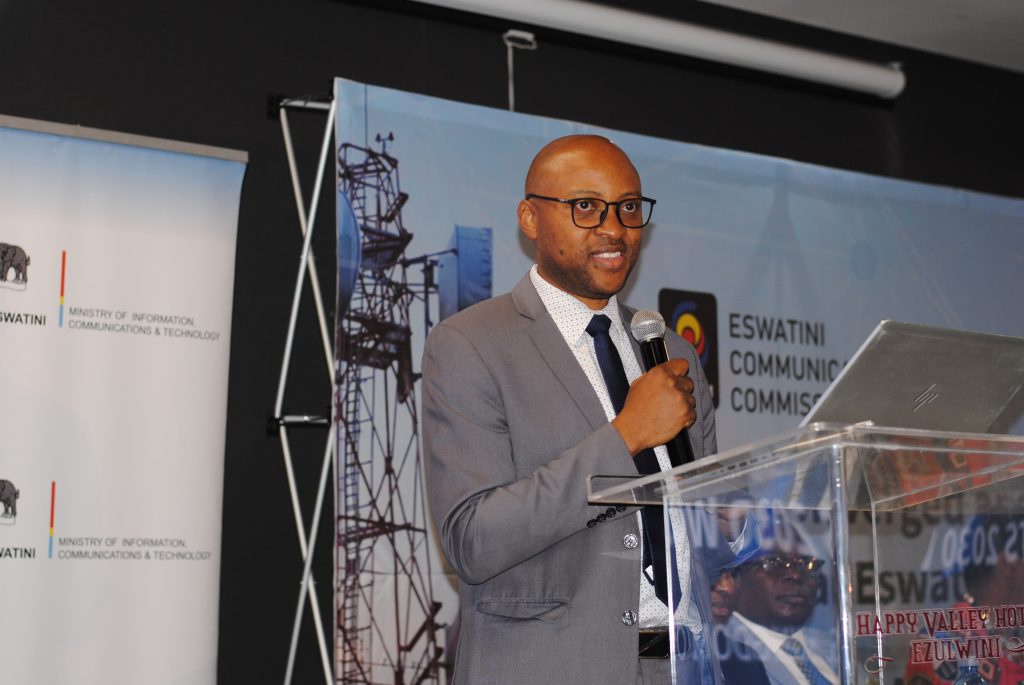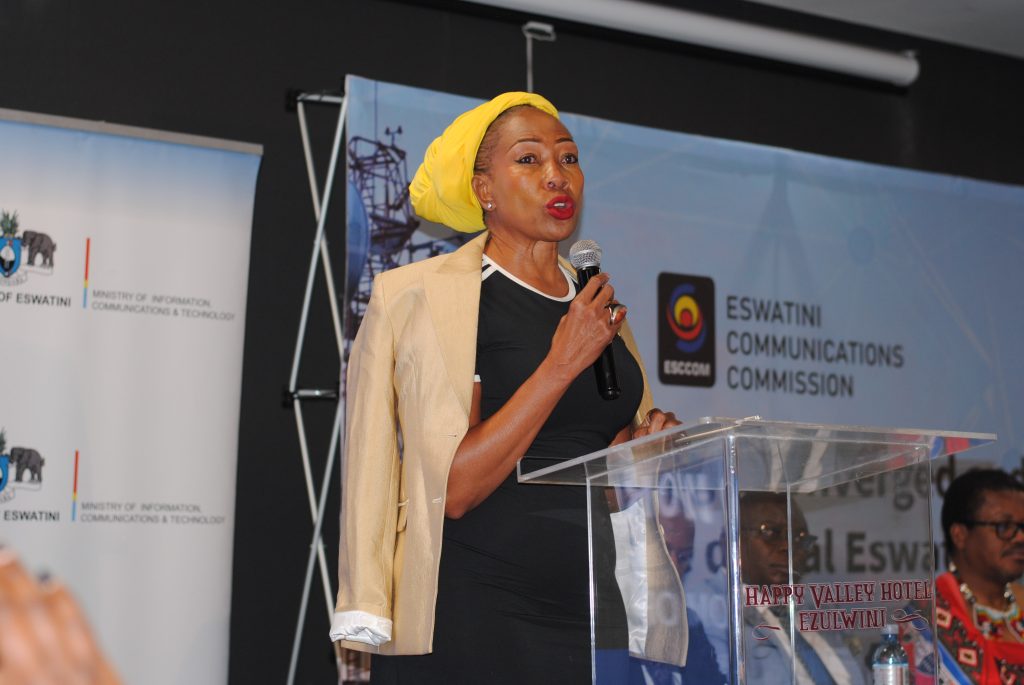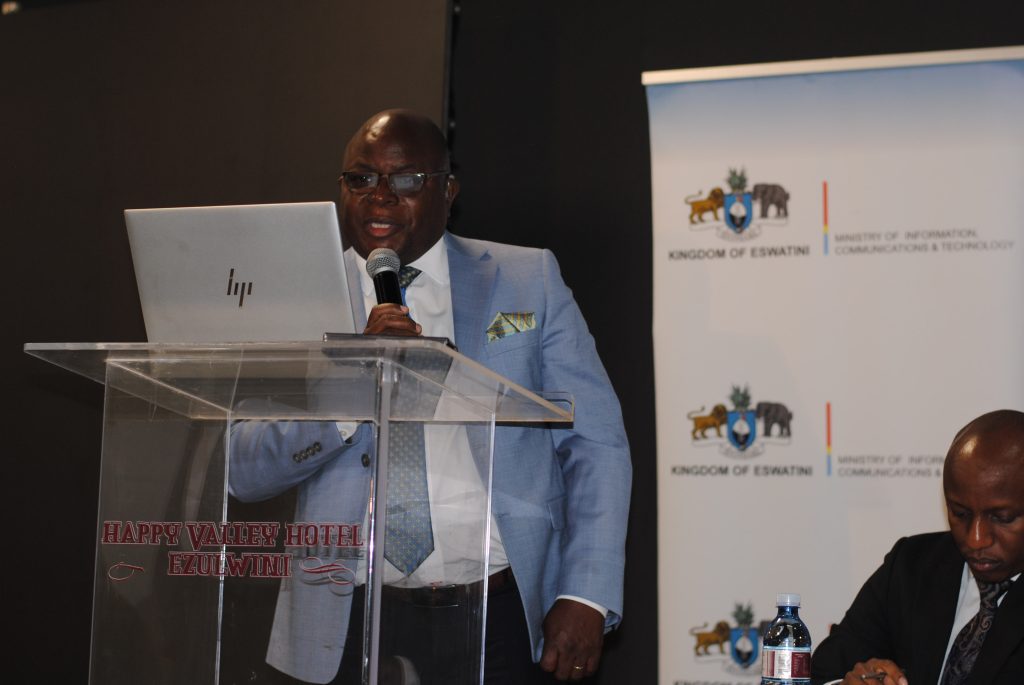
By Nontokozo Gwebu
Stakeholders from across Southern Africa gathered today at the Happy Valley Hotel in Ezulwini for the SADC Broadband Development and Targets 2030 Workshop, an event aimed at redefining regional broadband goals in line with global standards.
Hosted by the Eswatini Communications Commission (ESCCOM), the two-day workshop brought together representatives from ICT ministries, national regulatory authorities, mobile network operators, and regional and international partners, including the International Telecommunication Union (ITU), the Global System for Mobile Communications Association (GSMA), and Huawei to establish a shared roadmap for inclusive, affordable, and meaningful digital connectivity by 2030.
The workshop’s central goal is to redefine what “broadband” means in the SADC context, encompassing speed benchmarks, affordability levels, service quality, and inclusion, while aligning targets with today’s digital realities such as rural access, gender equity, and innovation.
The agenda includes updating the regional definition of broadband, agreeing on minimum speed and coverage standards, setting affordability thresholds, and developing performance indicators.
ESCCOM CE, Mvilawemphi Dlamini, emphasized that “broadband is no longer a luxury, it’s a business enabler that connects health, education, finance, and commerce.”
He emphasized that broadband is now foundational to health, education, agriculture, trade, and governance.
“Our task over the next two days is to ensure that the SADC Broadband Targets 2030 are not only ambitious but also practical and measurable,” he said.

Chisepo Lungu, ICT Programme Officer at the SADC Secretariat, encouraged delegates to fully participate and reflect their national contexts.
“This is not just about technology, it’s about transforming lives. Our collective effort will shape the next chapter of digital development in the region,” he said.
The SADC Broadband 2030 Targets are expected to guide regional ICT policy for the next five years, with a focus on inclusivity, resilience, and sustainable development. The outcomes of the workshop will inform a regional framework to be presented to SADC ICT Ministers later this year.

The ICT Minister, Savannah Maziya, represented by Under Secretary Macanjana Motsa, emphasized that the workshop is more than a technical gathering, but a strategic mission to reshape the region’s economic future through digital transformation.
“Broadband is not just infrastructure; it’s the lifeblood of our economies. It determines whether a rural student can learn, whether a small business can grow, and whether a nation can compete globally,” she said.
Tichafa Mujuru, Chairperson of the SADC Universal Access and Service Committee (UASC), described the gathering as a pivotal step in fulfilling a mandate given by SADC ICT Ministers at their meeting earlier this year in Harare.

“Our objectives are very clear: to define broadband in a way that reflects our regional realities, to agree on measurable and realistic performance targets, and to ensure that no citizen or community is left behind in the digital era,” said Mujuru.
Delegates were urged to base their proposals on disaggregated data and real-life conditions, from connectivity gaps in rural areas to affordability challenges in urban centers.
“We cannot manage what we don’t measure,” Motsa reminded attendees, calling for national frameworks that are data-driven and people-centered.
